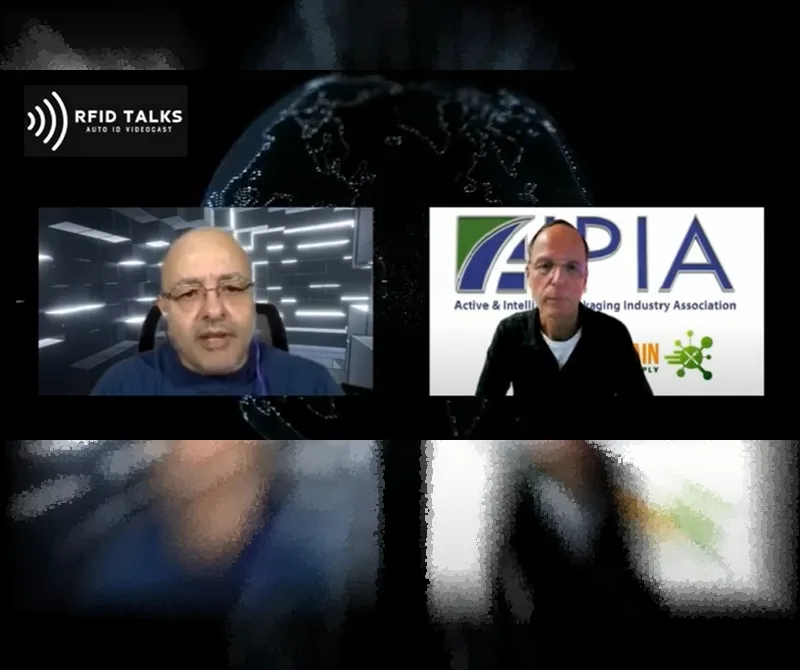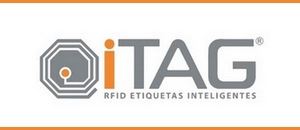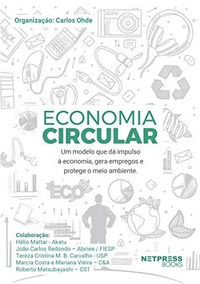Edson Perin
A consortium of more than 50 companies, representing 13 EU member states, from all parts of the Supply Chain have reached the first stage of a landmark project to reinvent food supply chains across Europe and beyond. The Smart Food Chain (SFC) project is initiated by AIPIA (Active & Intelligent Packaging Industry Association), PACKZ, a Dutch based packaging expert company, and Berenschot, a major independent Dutch management consultancy.
The project was part of the interview from Eef de Ferrante, managing director at Active & Intelligent Packaging Industry Association, to the IoP Journal. According to de Ferrante, the project gathers momentum as preliminary bid process begins. Click here to watch the full interview on Youtube to know more about this project and also about AIPIA 2024 Schedule of Events.
The overarching goal of the project is to reduce the amount of food and food packaging waste which is currently occurring in the worldwide food chain ‘from farm to fork’. The goal even stretches beyond the fork, so the promotion of more efficient use and re-use of outdated food products and recycling of packaging materials.

The initial bid for funding under the Horizon Europe Chips Joint Undertaking, was submitted in mid-May with an initial indication of the outcome expected by July. If successful a full bid will be prepared for submission in September, for a project start date in January 2025.
Currently the SFC consortium consist of a well-organized mix of companies which consists of technology providers, food supply chain partners, brand owners and research institutes with the providers based on sensor technology, supply chain data management, AI and predictive software and packaging concepts. By aligning these partners within a well-defined work-package framework – there are five technical Work Packages described in the bid – this focus will allow the set-up of demonstration lines within the food supply chain.
The project coordinator is T-Systems, the Germany based digital transformation service provider. The primary objective of their task in this project is to support the development of a robust, scalable, and secure decentralized data exchange/trade platform tailored to meet the unique challenges of data sovereignty and data interchange in food tracking.
Consortium members include many leading Smart Technology suppliers, such as Aptar, Digimarc, NXP, Zappar and Zebra Technologies as well major research institutes, including Holst Centre, Fraunhofer IMS and VTT. Several leading international food producers will be involved as partners or affiliates, helping with, and implementing the project Work Packages.
The current amount of food waste is strongly dependent on the food product and where in the food chain one looks for it but varies between 5% to 30% of the total food stream. In the EU this is estimated at around 58m tons per year. The accompanying loss in value is estimated to be around €132 billion annually and the corresponding redundant emissions of greenhouse gasses equals up to 254m tons each year. Worldwide figures would be multiples of these values.
By developing new technologies, devices and IT-systems, and adopting and adapting existing ones the project partners hope to achieve a considerably larger traceability of food products, transparency of the food chain logistics and improved quality monitoring and assurance. This should reduce waste of food and money, and fight climate change due to reduced emission of greenhouse gasses, as well as delivering lower water and energy use.
However, the project partners emphasize that a concrete reduction in these numbers are highly dependent on the adoption of the project’s results. Therefore, the project is designed to connect to existing technologies, systems and practices in the world of food production, food processing, food logistics and even food use. Leading elements in the project are several, real-life use cases in the food chain; representing actual problems which hamper food chain efficiency and promote food waste.
Commenting on the submission of the SFC preliminary bid, Eef de Ferrante, managing director of AIPIA said, “This is a very important moment in the development of the Smart Packaging sector. If successful it will demonstrate that, by working together, smart technology providers can achieve fundamental advances for the food industry. Also it will be the basis for a successful Smart Packaging sector going forward. We are optimistic about the success of the bid and the future of the industry.”



















